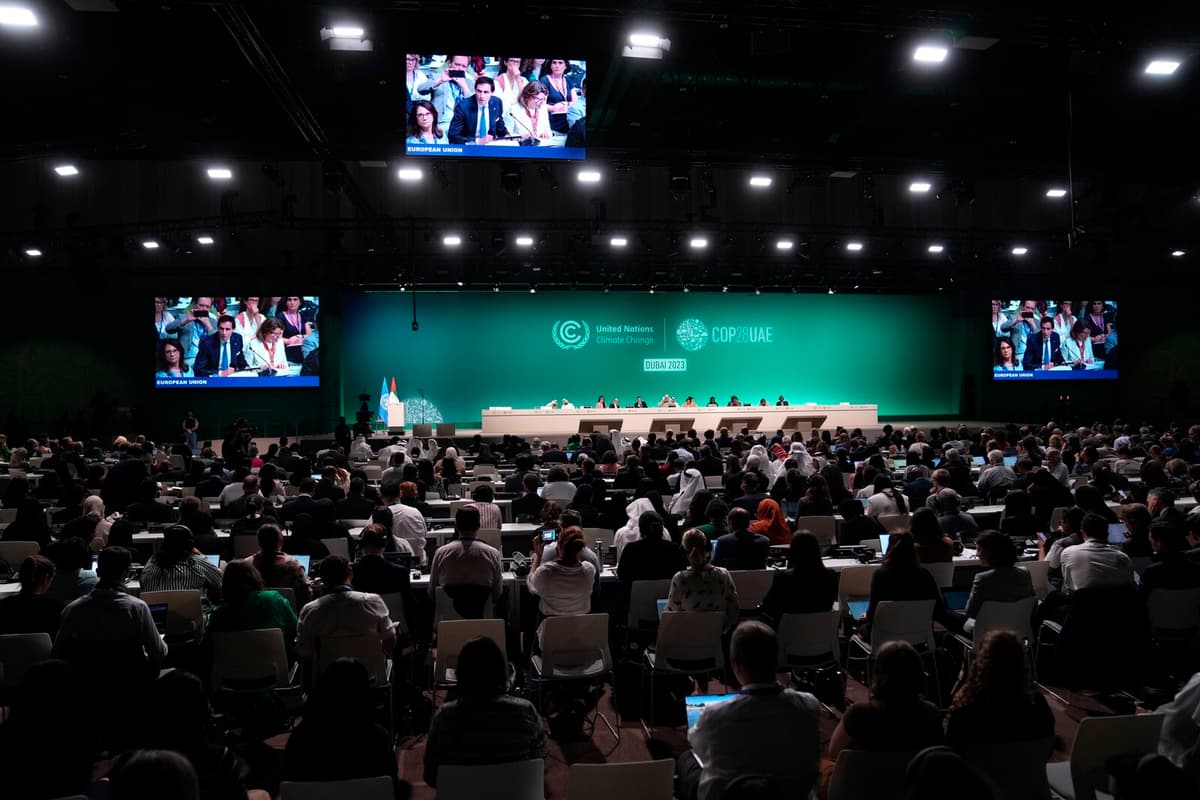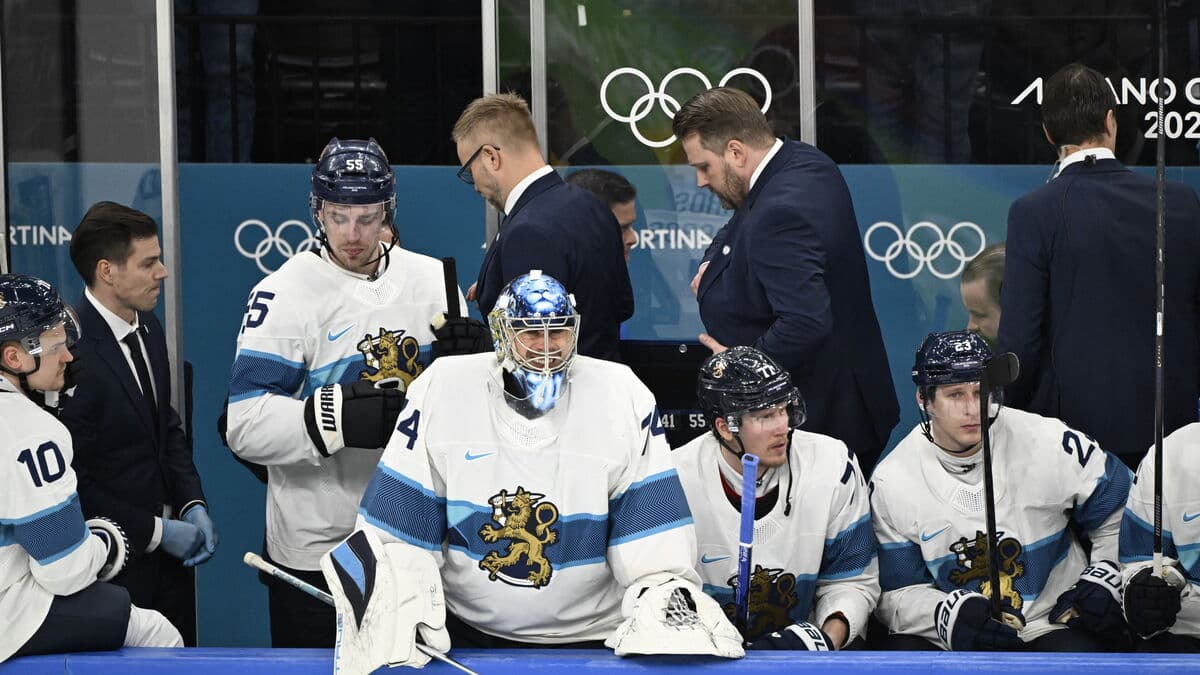The UN is holding no less than four major meetings in the coming months that deal with the threats to the planet.
.
October 22 – November 1:
The first COP – Conference of the Parties – of the autumn is being held in Cali, Colombia, in South America. The meeting is held every other year and deals with promoting cooperation to protect animal and plant life. This year, at COP16, countries will present their plans for protecting 30 percent of the planet's surface by 2030.
But many countries are dragging their feet, and Sweden is one of them. An important part of Cali is simply to ensure that countries live up to what they have actually decided, says Karin Lexén, Secretary-General of the Swedish Society for Nature Conservation.
.
November 11 – 22:
The autumn's second COP, this year's most important in global climate policy, is being held in Azerbaijan, an oil- and gas-exporting former Soviet republic. The hope at COP29 is for an agreement on how money from rich countries with high emissions will support poor, vulnerable countries.
But you could call it a finance COP, says Lexén.
.
December 2 – 13:
The perhaps least profiled COP meeting is being held in Saudi Arabia and deals with how fertile agricultural land is being transformed into desert. Drought and overgrazing can be contributing factors, and the discussions will focus on how to restore land areas by 2030.
.
November 25 – December 1:
Around 175 countries agreed in 2022 to speed up negotiations on a global agreement to reduce plastic emissions. The final round of negotiations begins in South Korea at the end of November. Some countries want to see limits on how much can be produced, while others – primarily oil- and gas-producing countries that create the raw materials for plastic – would rather focus on recycling.
What we hope for is a globally legally binding decision with a phase-out of problematic plastic products and with requirements for product design, circular goals for recycling and reuse – simply getting rid of plastic from nature, says Maria Schultz, Deputy Secretary-General at WWF Sweden.
Advertisement
At the UN's Rio Conference in 1992, the world's countries gathered to discuss climate change, biodiversity, and desertification. It marked the starting point for the various COP meetings.
COP stands for "Conference of the Parties" and is the highest decision-making body. The climate conference (held between parties to the climate convention UNFCCC) takes place every year, unless members decide otherwise. The first was held in Berlin in 1995.
The first meeting for biodiversity (Bio-COP) was held in the Bahamas in 1994. It is normally held every other year.
The desertification meeting UNCCD was first held in Rome and is also usually held every other year.






